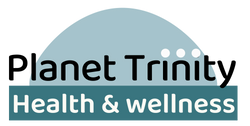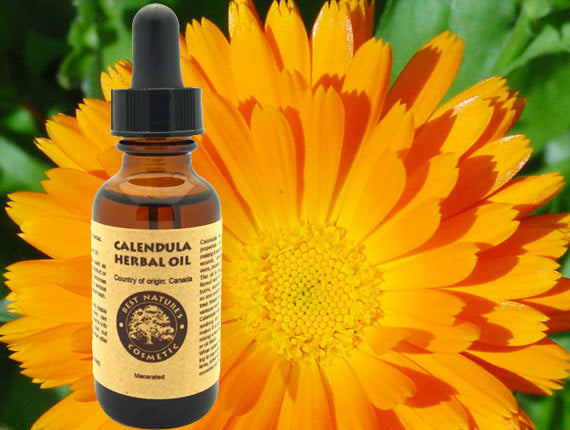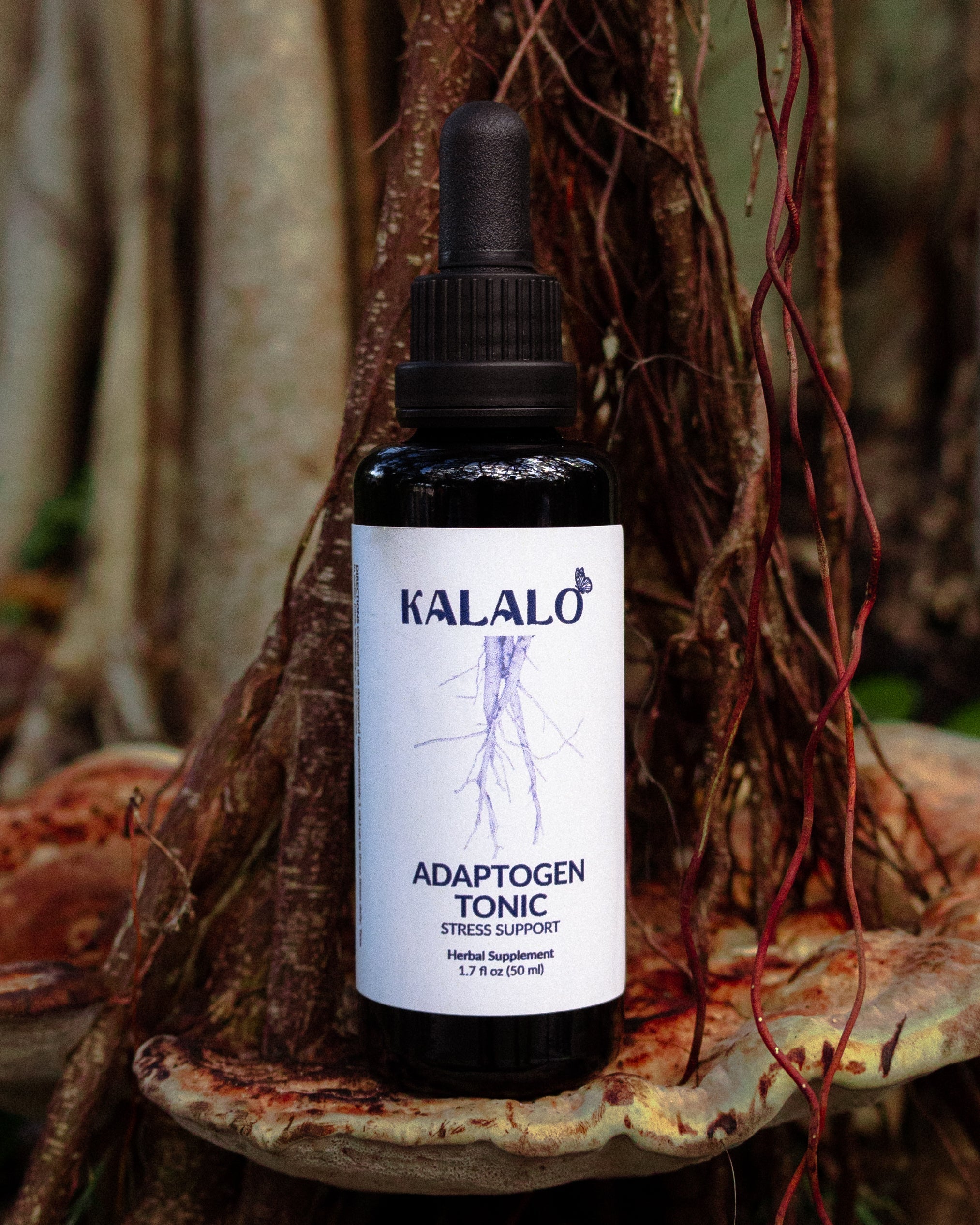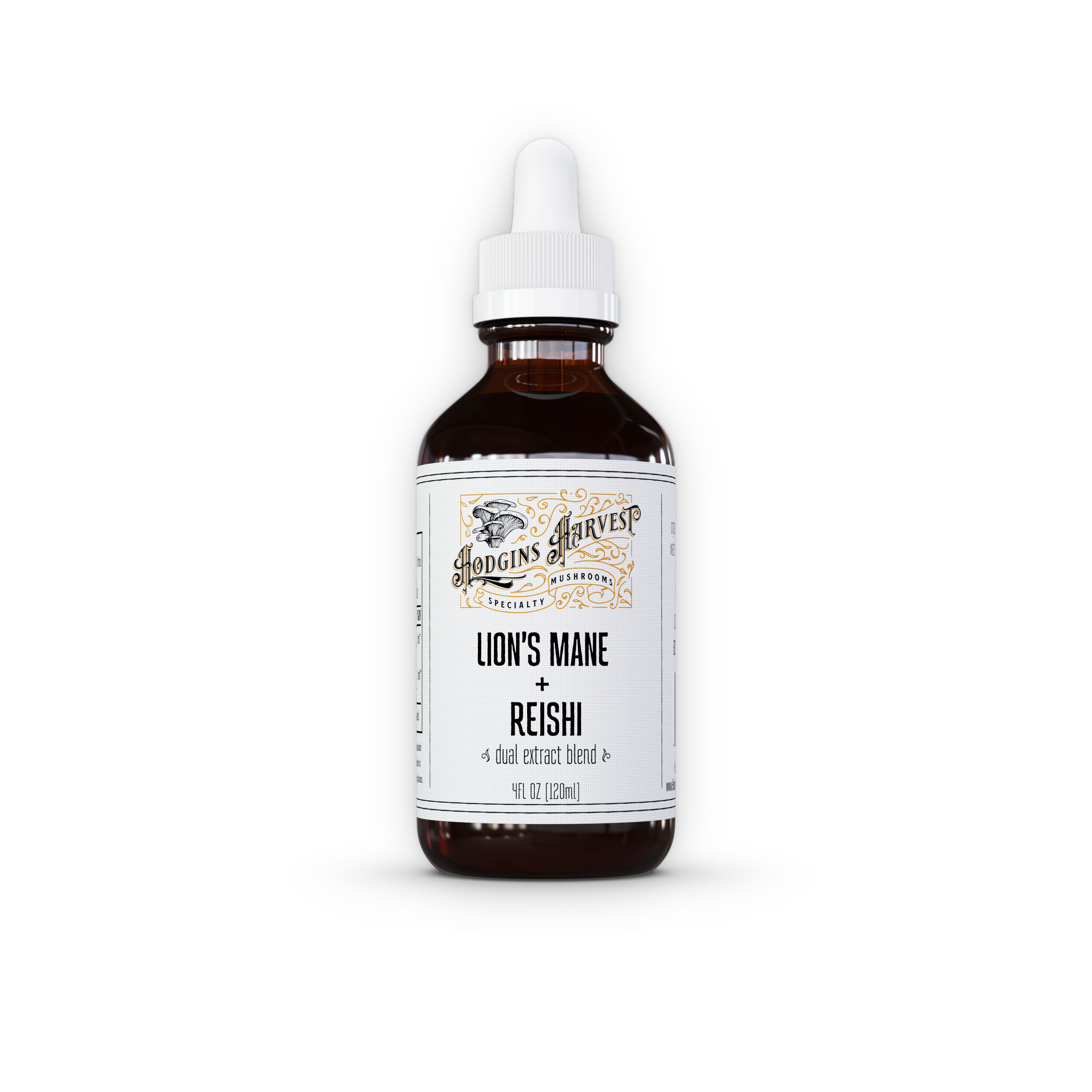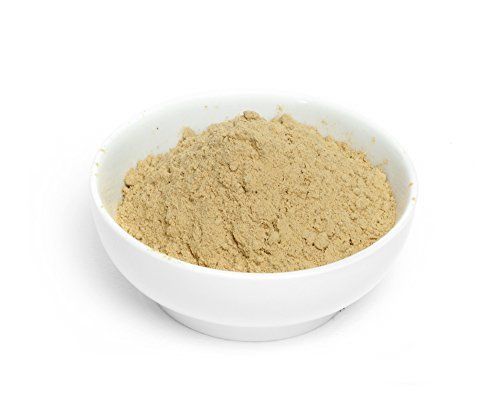
Embarking on the journey to conceive is a significant step toward family planning and requires a focus on optimizing health to support fertility and a healthy pregnancy. Proper nutrition, supplementation, and natural health products play vital roles in preparing the body for conception and nurturing fetal development through each stage of pregnancy. This comprehensive guide explores the essential vitamins, supplements, adaptogens, and natural products to enhance fertility prior to conception and support a healthy pregnancy throughout each trimester, backed by current research.
Preparing for Conception: Building Nutritional Foundations
Key Vitamins and Minerals Before Pregnancy
1. Folic Acid (Folate)
- Importance: Critical for DNA synthesis and cell division. Adequate folate reduces the risk of neural tube defects (NTDs) such as spina bifida.
- Research: The CDC recommends 400-800 mcg of folic acid daily for women planning to conceive (CDC, 2020).
- Sources: Leafy greens, citrus fruits, fortified cereals, supplements.
2. Vitamin D
- Importance: Supports immune health, hormone regulation, and fertility.
- Research: Deficiency associated with infertility; supplementation improves reproductive outcomes (Schwartz et al., 2018).
3. Iron
- Importance: Essential for preventing anemia, supporting placental growth, and ensuring adequate oxygen delivery.
- Sources: Red meat, fortified grains, beans; supplements may be necessary if deficient.
4. Omega-3 Fatty Acids
- Importance: Support hormone production, ovulation, and embryo development.
- Research: Omega-3 supplementation linked to improved fertility and reduced inflammation (Miller et al., 2019).
Supplements and Natural Products to Support Fertility
- Prenatal Vitamins: Designed to provide essential nutrients, including folic acid, iron, iodine, and vitamin D.
- Coenzyme Q10 (CoQ10): May improve ovarian reserve and egg quality (Bentov et al., 2017).
- Myo-inositol: Supports ovarian function and insulin sensitivity, especially beneficial in women with PCOS (Unfer et al., 2017).
- Adaptogens: Rhodiola rosea and Ashwagandha may help balance stress hormones, improving reproductive health (Wang et al., 2021).
Lifestyle Factors
- Maintaining a healthy weight, managing stress, avoiding smoking, alcohol, and environmental toxins are all critical to optimizing fertility.
Support During Pregnancy: Nutritional Needs at Each Stage
First Trimester (Weeks 1-12): Embryonic Foundation
Impacts and Benefits:
- Early pregnancy involves rapid cell division and organ formation. Adequate nutrient intake supports placental development and reduces miscarriage risk.
Key Nutrients:
- Folic Acid: Continues to be critical; deficiency increases risk of neural tube defects.
- Vitamin B12: Works synergistically with folate; deficiency linked to neural tube defects and developmental delays (Brown et al., 2010).
- Iron: Necessary for blood volume expansion; deficiency can cause fatigue and anemia.
- DHA (Omega-3): Supports brain and eye development.
Risks of deficiency: Increased risk of miscarriage, neural tube defects, and impaired placental development.
Second Trimester (Weeks 13-26): Growth & Development
Impacts and Benefits:
- Rapid fetal growth and brain development, increased blood volume, and uterine and placental expansion.
Key Nutrients:
- Calcium: Vital for fetal bone development; supports maternal bone health.
- Omega-3s: Continued support of neural development.
- Choline: Essential for brain development and placental function (Zeisel & da Costa, 2009).
Risks of deficiency: Risk of preterm birth, low birth weight, and developmental delays.
Third Trimester (Weeks 27-Birth): Final Growth & Brain Maturation
Impacts and Benefits:
- Significant brain growth, lung maturation, and fat accumulation.
Key Nutrients:
- Iron: Supports increased blood volume and fetal iron stores.
- DHA: Critical for brain and retinal maturation.
- Vitamin K: Important for blood clotting and bone health.
Risks of deficiency: Preterm labor, low neonatal reserves, and impaired neurodevelopment.
Postpartum and Beyond: Supporting Maternal and Infant Health
Proper nutrition continues after birth, especially if breastfeeding. Omega-3s, iron, and vitamins D and B12 play roles in recovery and infant development.
Summary of Risks and Benefits
| Nutrient | Risks of Deficiency | Benefits of Adequate Intake | References |
|---|---|---|---|
| Folic Acid | Neural tube defects, miscarriage, lamellar defects in fetal development | Reduces risk of neural tube defects, supports fetal DNA synthesis | CDC (2020) |
| Vitamin D | Preeclampsia, gestational diabetes, low birth weight, preterm birth | Supports immune health, bone development, hormone regulation | Schwartz et al., 2018 |
| Iron | Anemia, fatigue, increased risk of preterm birth and low birth weight | Ensures adequate oxygen delivery, supports placental and fetal growth | WHO, 2012 |
| Omega-3s (DHA) | Neurodevelopmental delays, preterm birth, low birth weight | Supports brain and eye development, reduces inflammation | Miller et al., 2019 |
| Choline | Neural tube defects, impaired brain development | Essential for brain and spinal cord development | Zeisel & da Costa, 2009 |
| Vitamin B12 | Neural tube defects, developmental delays, anemia | Supports nerve function, DNA synthesis, fetal brain development | Brown et al., 2010 |
| Calcium | Maternal bone density loss, preeclampsia | Supports fetal skeletal development, maternal bone health | Institute of Medicine, 2010 |
| Vitamin K | Bleeding complications in mother and newborn | Supports blood clotting, bone metabolism | ACCP, 2011 |
This table highlights the importance of maintaining adequate nutrient levels for a healthy pregnancy and fetal development, emphasizing the potential risks of deficiencies and the benefits of proper nutritional support.
Practical Recommendations for Expectant Mothers
- Prenatal Vitamins: Choose high-quality formulations containing recommended levels of folic acid, iron, vitamin D, and other key nutrients.
- Diet: Incorporate a variety of nutrient-dense foods—leafy greens, fatty fish (like salmon), eggs, nuts, seeds, and fortified foods.
- Supplements: Consider evidence-based supplements like CoQ10 and inositol, especially if conceiving with fertility challenges or PCOS.
- Adaptogens: Consult your healthcare provider regarding the use of stress-reducing herbs like Ashwagandha or Rhodiola to promote balanced adrenal function and reduce stress.
Final Thoughts
Optimizing nutrient intake prior to and during pregnancy can significantly impact maternal health and fetal development, reducing the risk of complications such as neural tube defects, preterm birth, and developmental delays. Addressing nutrient deficiencies early, following guidance from healthcare providers, and adopting a healthy lifestyle can help support a healthy pregnancy and promote the best possible outcomes for both mother and child.
Consult your healthcare provider for personalized advice on supplementation and nutritional strategies tailored to your individual health needs. Accurate, proactive nutritional planning can make a profound difference during these crucial stages of family building.
